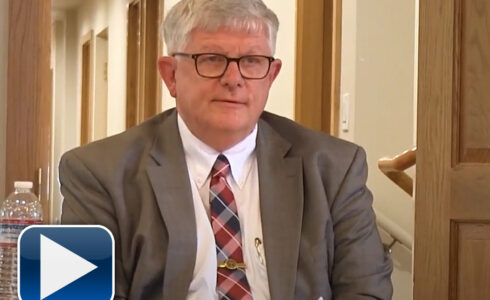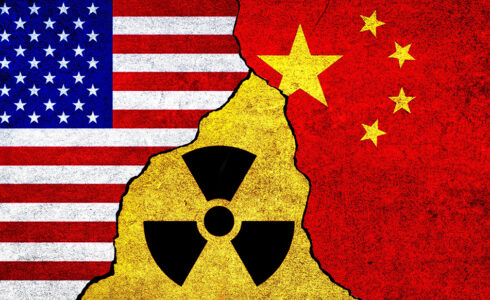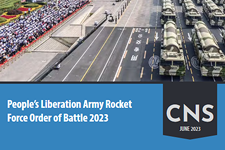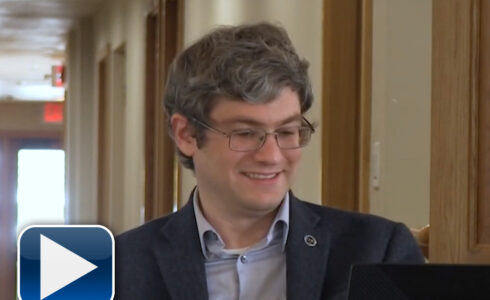
What happens after an arms control treaty is signed and ratified, and the hard work of negotiations bears fruit? In short, more hard work.

PODCAST: Assessing the significance of Russia’s increasingly close relationships with Pyongyang and Tehran for U.S. national security.

Delve into North Korea’s perspective on negative security assurance (NSA) through an exploration of Pyongyang’s diplomatic narratives and discover the implications for the complete denuclearization of the Korean Peninsula.

Proper federal oversight could make invisible labs more visible and prevent unsafe labs from working with dangerous pathogens.

Incentivizing China to see nuclear and risk reduction as beneficial rather than detrimental will require skillful U.S. diplomacy to leverage pressure from allies in Europe and regional states.

Short of curing the fever, the United States and Europe can still take steps to lower the temperature.

Dr. Hanna Notte gave an interview on the evolution of Russia’s foreign policy and Russia’s war against Ukraine to civilnet.am, an Armenian online television and media platform.

Over the past decade China doubled its combat missile brigades and unveiled new capabilities revealing its fears and conceptions about how future wars in the region will be conducted.

This seminar video outlines the methodology behind this forecasting project and describe its major results to date.